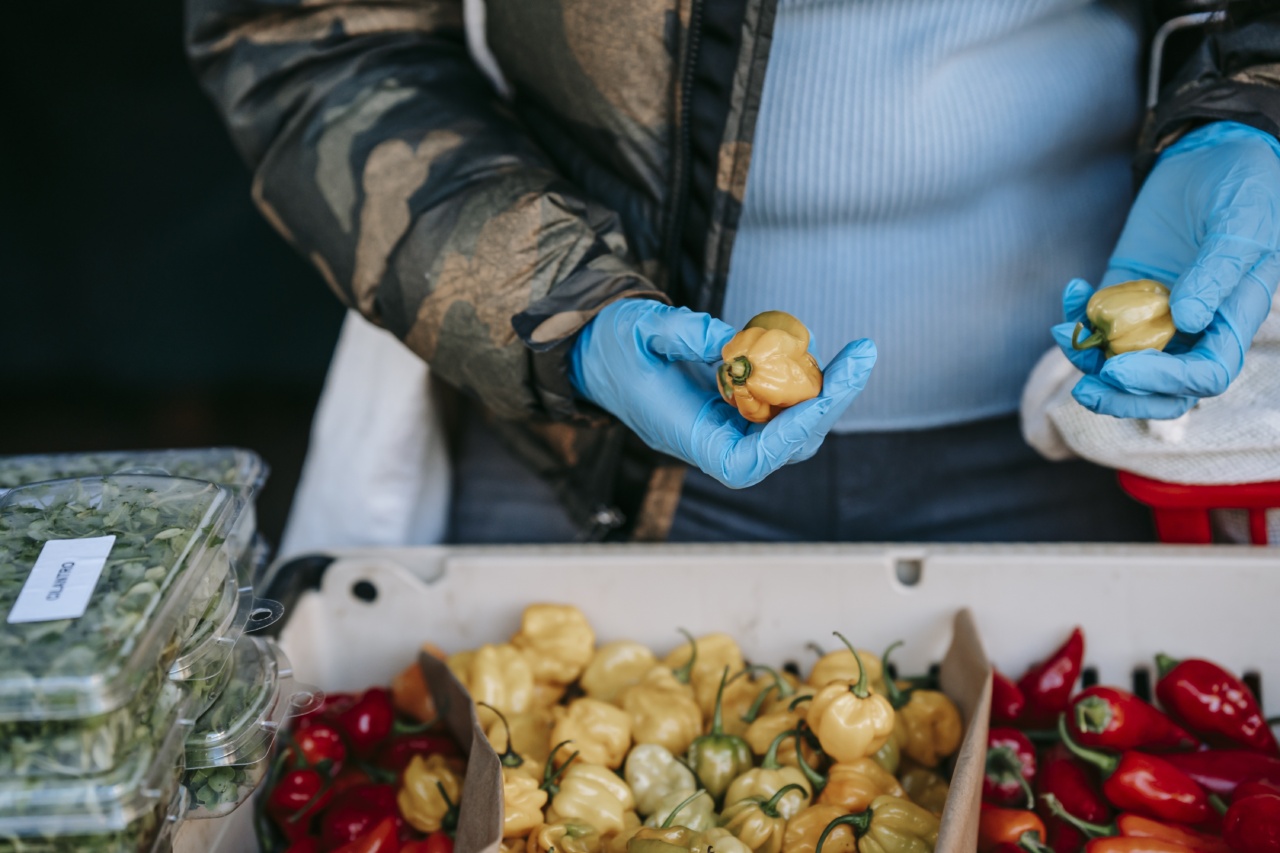Colorectal cancer is a malignancy that is formed in the colon or rectum. This type of cancer is quite common and sometimes develops slowly.
There are many factors that can increase the risk of developing colorectal cancer, but the role of diet is significant. Certain foods can increase your risk of developing colorectal cancer.
Red and Processed Meat
Red meat and processed meat are among the top foods that can increase the risk of colorectal cancer. Processed meat is meat that has been preserved through salting, smoking, curing, or adding chemicals.
Examples of processed meat include hot dogs, bacon, sausages, and ham. Red meat and processed meat contain compounds that can damage the lining of your colon and promote the growth of cancerous cells.
Sugar and Sweets
Consuming high amounts of sugar and sweets can also increase your risk of developing colorectal cancer. Sugar can cause inflammation and insulin resistance, both of which can lead to the development of cancer.
Sweets that contain a high amount of sugar such as cakes, cookies, and candy can also increase your risk of colorectal cancer.
Fried and Grilled Foods
Fried and grilled foods can increase your risk of colorectal cancer. When foods such as meat, poultry, or fish are cooked at high temperatures, they form compounds that can damage your DNA and increase your risk of cancer.
Alcohol
Consuming alcohol can also increase your risk of colorectal cancer. Alcohol can damage your DNA and lead to the formation of cancerous cells. According to research, even moderate amounts of alcohol can increase the risk of colorectal cancer.
Low Fiber Foods
Eating low-fiber foods such as white bread, rice, and pasta can increase your risk of colorectal cancer. These foods take longer to digest and can cause constipation, which can lead to the development of cancer.
Fiber is important for maintaining healthy bowel movements and reducing the risk of colorectal cancer.
Saturated and Trans Fats
Foods that contain saturated fats and trans fats can increase your risk of colorectal cancer. Saturated fats are found in animal products such as meat, cheese, and butter, while trans fats are found in foods that are processed with hydrogenated oils.
These fats can increase inflammation, which can lead to the development of cancer.
Caffeine
Excessive caffeine intake can also increase your risk of developing colorectal cancer. Caffeine can cause dehydration and affect your bowel movements.
In addition, many caffeinated beverages such as coffee and soda contain high amounts of sugar, which can lead to inflammation.
Low-Carb Diets
Low-carb diets can increase your risk of developing colorectal cancer. Although low-carb diets can be effective for weight loss, they are often high in animal proteins and low in fiber.
This can cause a change in the gut bacteria and lead to inflammation, which can increase the risk of cancer.
Unhealthy Cooking Oils
Cooking with unhealthy oils such as vegetable oil, canola oil, and soybean oil can increase your risk of colorectal cancer. These oils are high in omega-6 fatty acids, which can promote inflammation and increase the risk of cancer.
Healthier oil options include olive oil, coconut oil, and avocado oil.
Bottom Line
Your diet plays a significant role in your risk of developing colorectal cancer. Eating a diet that is high in red meat, processed foods, sugar, and unhealthy fats can increase your risk.
On the other hand, a diet that is rich in fiber, fruits, and vegetables can reduce your risk of cancer. It is important to maintain a healthy lifestyle that includes exercise, a balanced diet, and regular check-ups with your doctor. Early detection is crucial in treating colorectal cancer, so be sure to stay informed and aware of your health.






























